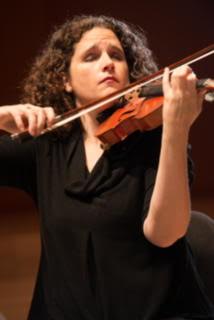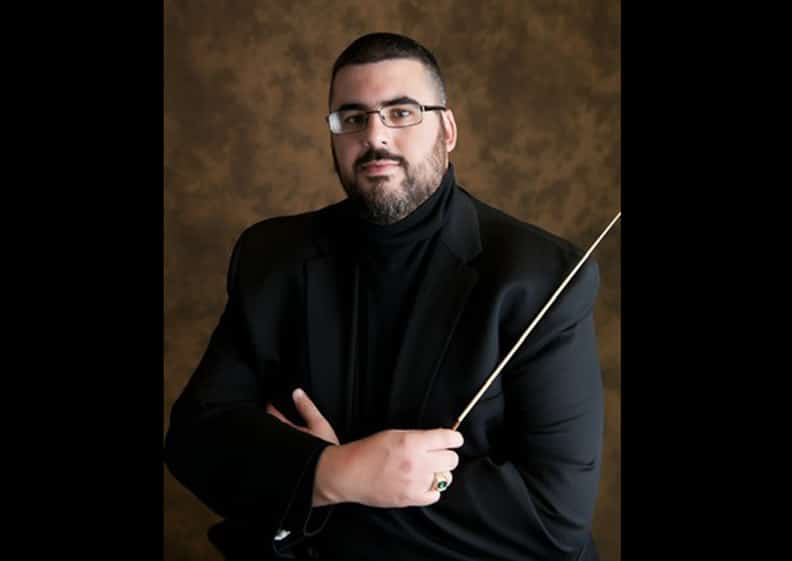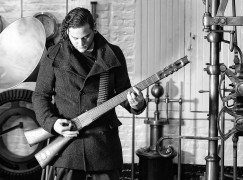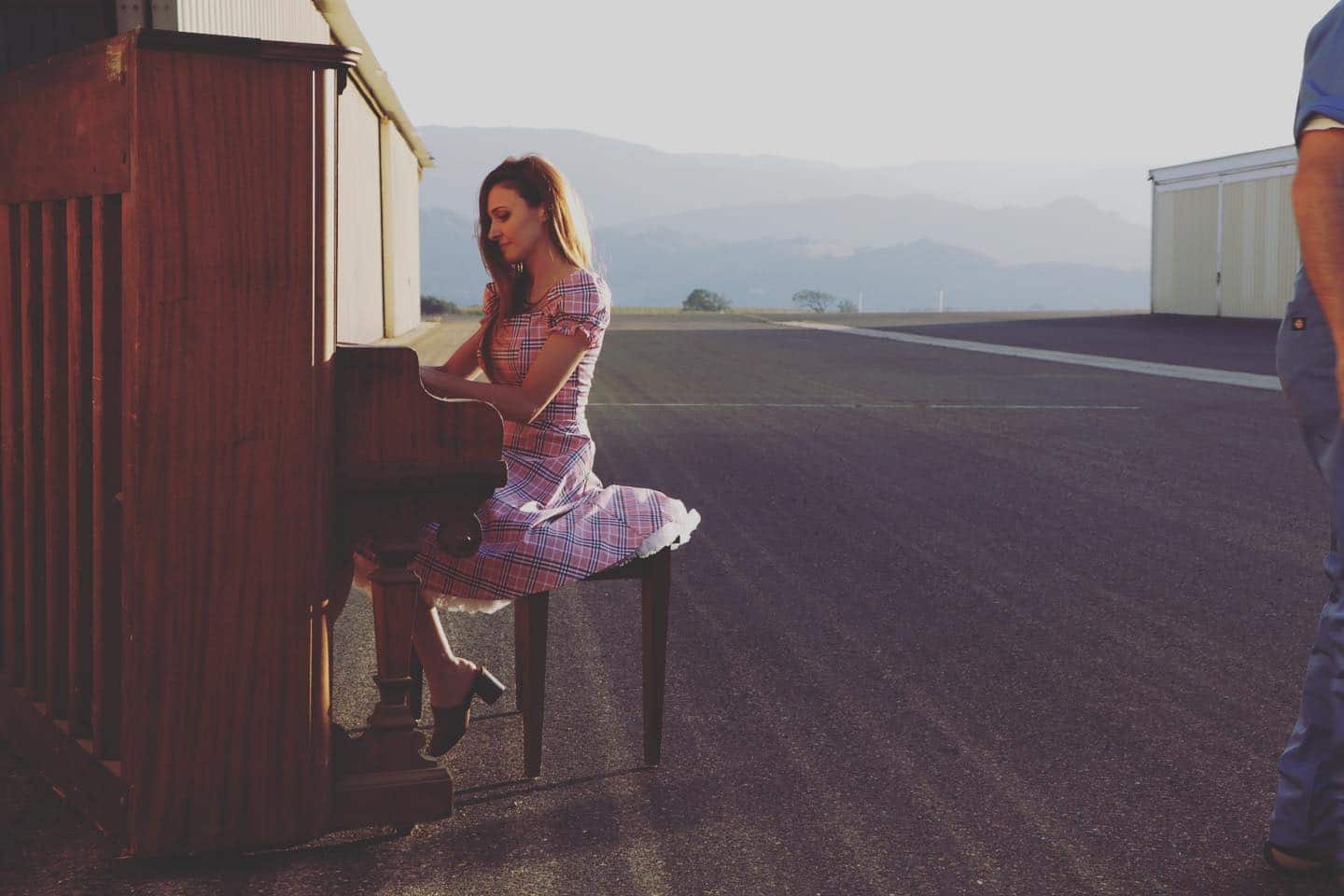How did I get through 2016 without serious injury?
mainOur diarist Anthea Kreston is an American violinist in an international German quartet. Down the year, she has been robbed of her precious instrument, missed breakfast most days, was separated for long periods from her family and was exposed at close hand to the terror attack on a Berlin Christmas market.
As 2016 ends, Anthea counts her blessings.

As our touring came to a close this December, I was exhausted on many fronts – emotional, intellectual and physical. I could see the two-week vacation on my google calendar – I could almost smell it – and I was ready. The last several weeks, in which new repertoire was being learned at the same time as old repertoire was being performed, I found myself with an ever-increasing number of small injuries. First, a split thumb on my left hand (knife), then my razor slipped and carved a deep chunk out of my right thumb (directly where I hold my bow) – I had to triple band-aid it for that night’s performance to dull the pain, and it took 2 weeks for my phone to recognise my thumb print again – then an old, seasonal injury resurfaced.
Every fall and winter, my second finger on my left hand becomes sensitive. When I was 14 years old, I fractured my finger, going in hard for a football tackle in school. It was the same day that the school competition was being held to play the solo in the spring state festival, and I knew I had it. Rondo Capriccioso. I didn’t want to tell anyone about my finger, because I knew it would take me out of the competition. All I had to do was play, simply not using my second finger. As the day wore on, my finger became larger and larger. But, because of my inherent competitiveness, I pushed through, and won the competition.
After the competition, I quickly went to the school nurse, then to the hospital, where I was put in a cast. We were lucky to live around the block from the famed doctor Alice Brandfonbrener, a pioneer in the field of Performing Arts Medicine. We called, and dropped be her home that evening, where she immediately cut off the cast and made an appointment for the following day at the Medical Program for Performing Artists at the Rehabilitation Institute of Chicago. There, I was outfitted with a removable splint – I was to begin an exercise program immediately, and worked with the physical therapists in her office numerous times over the next months. At subsequent appointments, I brought my violin, and she devised specific exercises to help me recover. Also during these intervening months, I continued my two lessons a week with Roland and Almita Vamos, but this time focusing solely on my right arm. Sevcik bowing exercises, playing my solo pieces on all open strings – measuring and planning bow distribution, bow pressure, proximity to the bridge.
Although every year, during the cold and dry months, I must be vigilant with my old injury (it swells, becomes stiff, and can re-injure easily if I don’t watch it), I now look back at that year of injury as a magical time where my right arm became the focus of my work, and which was the beginning of my personal development of planned strengthening and injury avoidance.
When I began teaching, I soon realised that I could spot future injury in my students – and was able to guide them towards a healthy approach and even back from injury, if they came to me already in trouble. I know that every injury-free day is a gift, and that anything (chance, overuse, improper posture, genetics) can take this away from any of us at any time. My periods away from my instrument (Women’s Studies Degree, baby years) have taught me not to fear this – time away can always enhance a person’s life. But, nonetheless, I do change my fingerings from November to February every season, and my signature “Anthea Kreston 2nd finger slide into home” also disappears, and reappears in the spring. Boy do I love it when that comes back!





Fascinating.
“missed breakfast most days”
There I stopped reading.
It’s a pity the diary isn’t interesting; something about the interaction with the members of the ensemble, the particular pieces practiced and played, audience reception, venues, schedules, classical music politics, peer competitiveness and jealousy, surviving in the industry, dealing with absence from children (those years quickly fly and we can often be left with guilt) etc. etc.
Best wishes, anyway, for a happy and productive 2017.
Really enjoy your columns. Wish people would not get snarky! Thanks for writing. Hope you watched your fingering on the keyboard. Happy New Year.